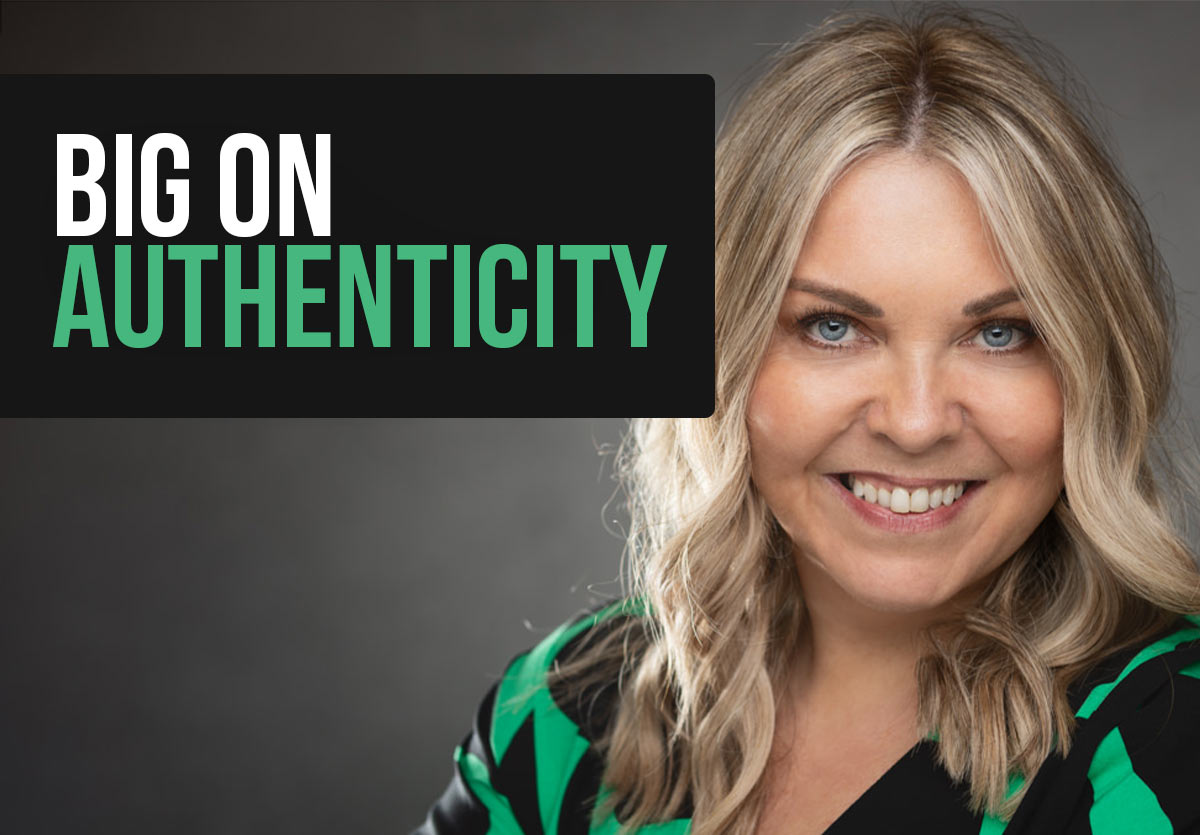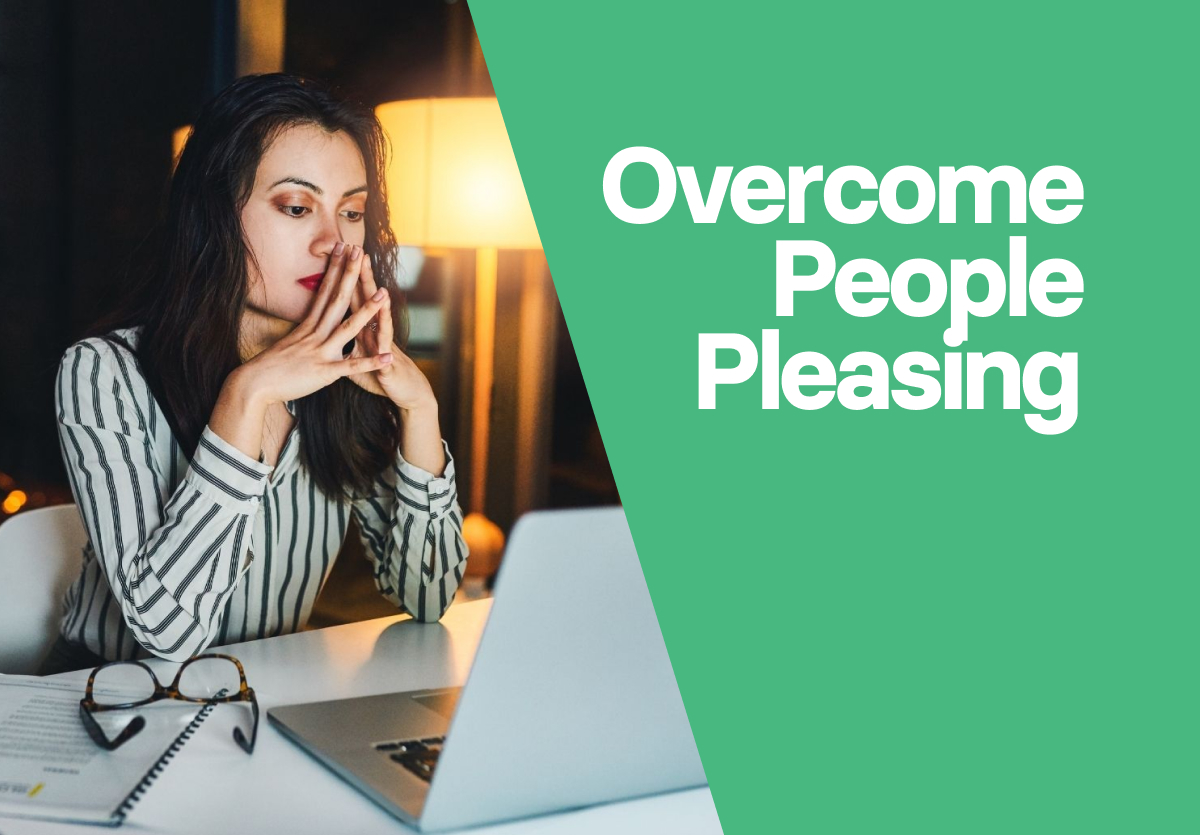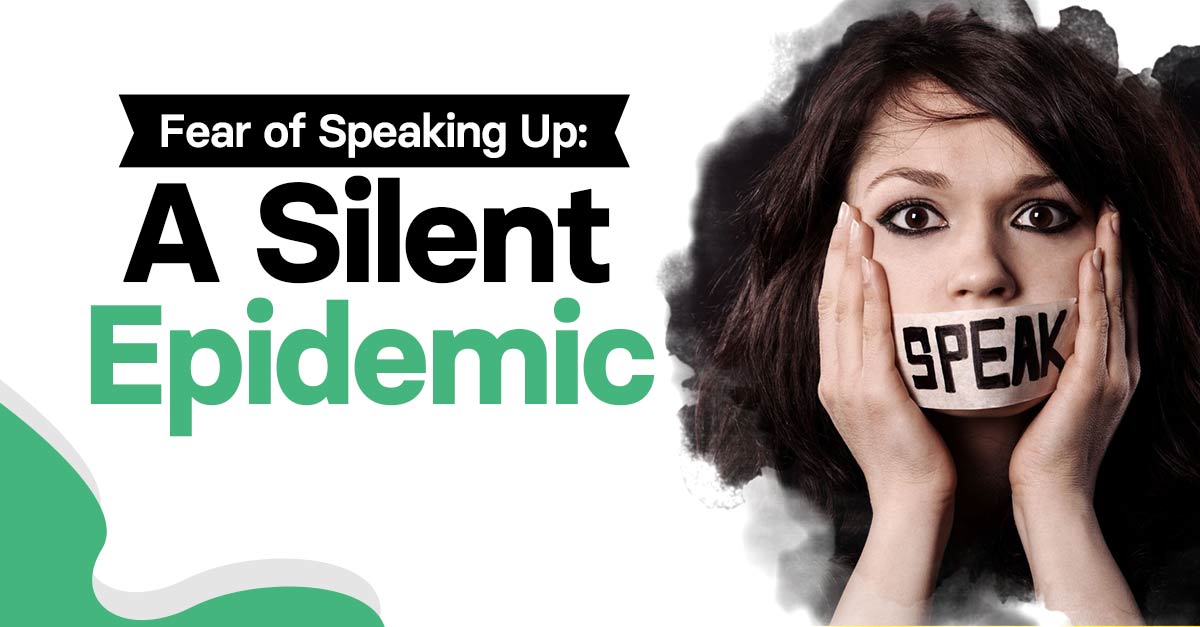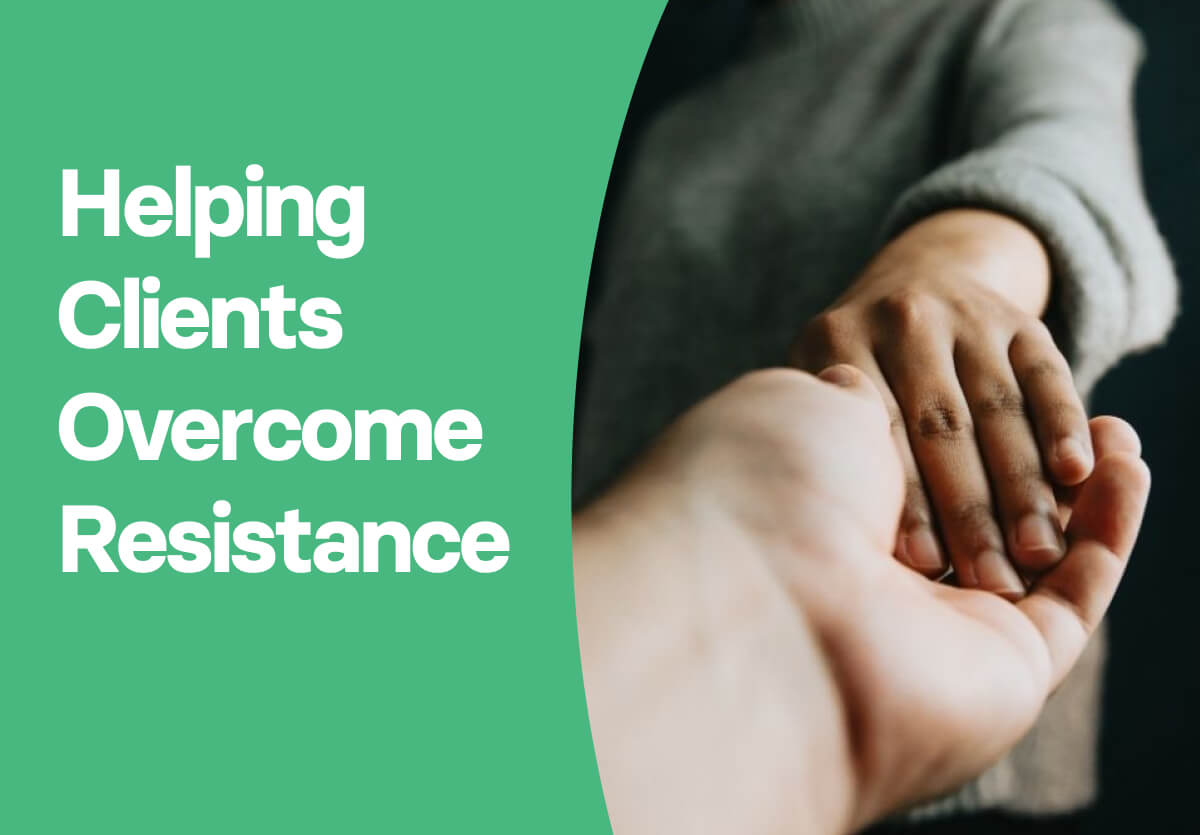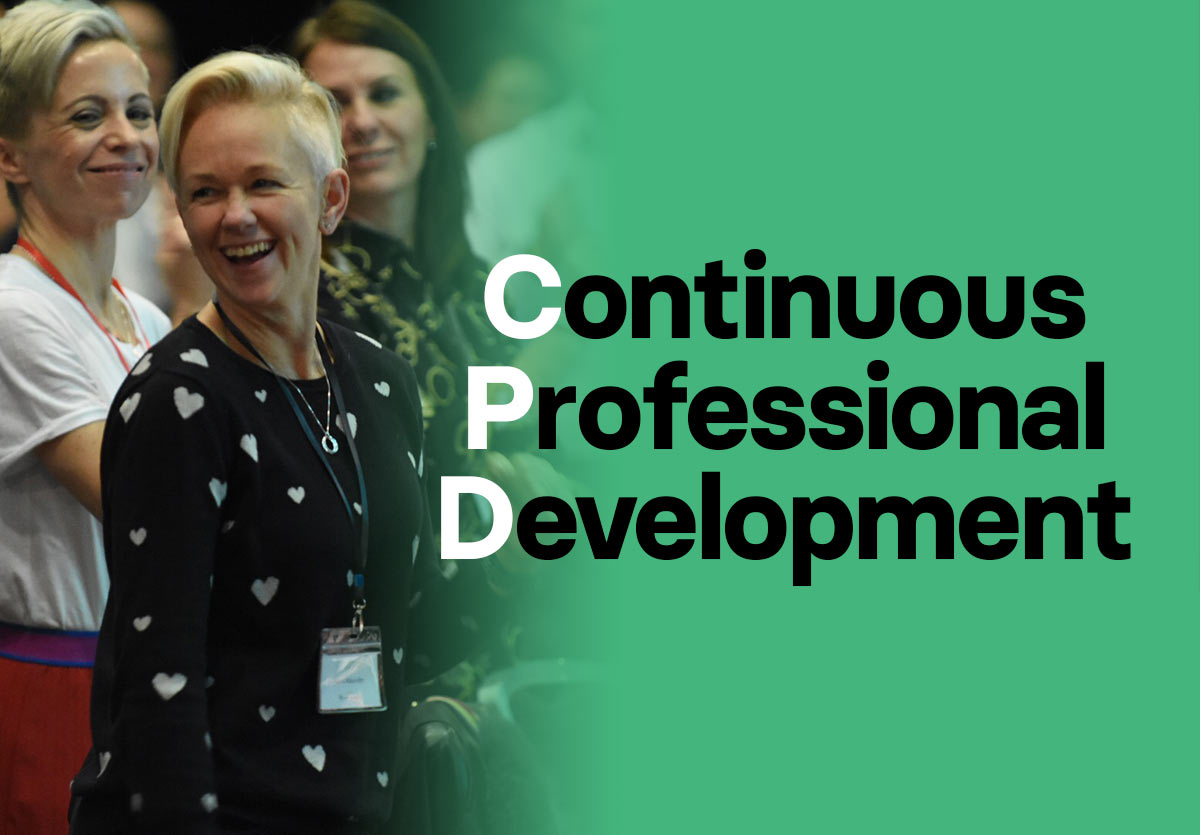Our methodology is focussed on teaching coaches how to unlock the authentic version of their clients.
Founder, Angela Cox has created the Pretender Model after years of coaching high performing clients. The Pretender Model identifies four core behaviours people adopt when they mask the true version of them.
The Perfectionist
The People Pleaser
The Persecutor of Self
The Persecutor of Others
We know from our research that when people rely less on their Pretender behaviours, they move closer towards the authentic version of them, and the magic starts to happen.
Being authentic means being true to your own personality, spirit, or character, despite external pressures. It means being genuine and honest in your actions and words, and presenting yourself in a way that is aligned with your values and beliefs. In essence, being authentic means being yourself, retiring your pretender and resisting the pull to conform to social expectations or be someone you’re not.
This can be a real challenge if self-awareness and esteem is low, and self-trust is lacking.
At Paseda360 we are huge fans of researcher Brené Brown. She has extensively studied the concept of authenticity and its connection to vulnerability, shame, and empathy.
Brown believes that authenticity is a practice of self-awareness and self-expression, and that it requires a willingness to be vulnerable and to share one’s true thoughts, feelings, and experiences, even when they are uncomfortable or unpopular. She argues that in order to live an authentic life, people must cultivate a strong sense of self-worth and the courage to be themselves, despite the fear of rejection or criticism.
Brown also emphasises the importance of empathy in authenticity, and argues that authentic connections with others require a willingness to be open, non-judgmental, and understanding. In her work, she encourages people to challenge the cultural messages that tell them to hide their true selves and to instead embrace the power of vulnerability in order to live more authentic, meaningful lives.
Overall, Brené Brown’s perspective on authenticity highlights the role of vulnerability, self-worth, and empathy in this concept and the importance of cultivating these qualities in order to live an authentic life.
When you operate in the Pretender roles, it is impossible to access the authentic behaviours, and as such you stifle your ability to reach your full potential.
While Brené Brown’s perspective on authenticity is widely respected and influential, there are other perspectives on the concept as well. For example, some scholars have criticised Brown’s focus on authenticity as being too individualistic and not taking into account the larger social and cultural forces that shape our sense of self.
An alternative perspective on authenticity is the cultural-historical perspective, which argues that authenticity is a culturally constructed idea that changes over time and across different societies. According to this perspective, what is considered authentic is influenced by historical and cultural factors, such as social norms, power dynamics, and the dominant values of a particular era.
Another alternative perspective is the postmodern perspective, which argues that authenticity is an illusion and that there is no such thing as a fixed, true self. Instead, postmodernists argue that our sense of self is constructed and constantly shifting in response to social and cultural forces.
These alternative perspectives challenge the idea that authenticity is a fixed and unchanging quality, and instead suggest that it is a dynamic and culturally contingent concept. While they may differ from Brené Brown’s perspective, they provide valuable insights into the complexities and nuances of the concept of authenticity.
It won’t surprise you to know that we agree with Brené’s perspective. The benefits of authenticity outweigh the effort required to retire the pretender.
- Increased self-awareness: By being true to one’s own personality, beliefs, and values, individuals become more self-aware and better understand their own motivations, thoughts, and feelings.
- Improved relationships: Authenticity fosters deeper, more meaningful connections with others, as it allows individuals to be more open, honest, and genuine in their interactions.
- Increased well-being: Research has shown that people who live an authentic life experience higher levels of life satisfaction and lower levels of anxiety and depression.
- Increased confidence: Authenticity leads to a greater sense of self-acceptance and self-worth, which can increase an individual’s confidence and self-esteem.
- Improved decision-making: By being true to one’s values and beliefs, individuals are better equipped to make decisions that are aligned with their own personal goals and aspirations.
- More fulfilling experiences: Authenticity allows individuals to engage in experiences that are meaningful and satisfying to them, rather than simply conforming to social expectations.
- Lessen the risk of exhaustion and burnout from pretender behaviours such as perfectionism, people pleasing and persecution.
Overall, the benefits of being authentic suggest that living an authentic life can lead to a more meaningful and fulfilling existence, with improved relationships, well-being, and decision-making.
Our training teaches coaches and leaders how to cultivate the foundations that allow authenticity to flourish in their clients.


